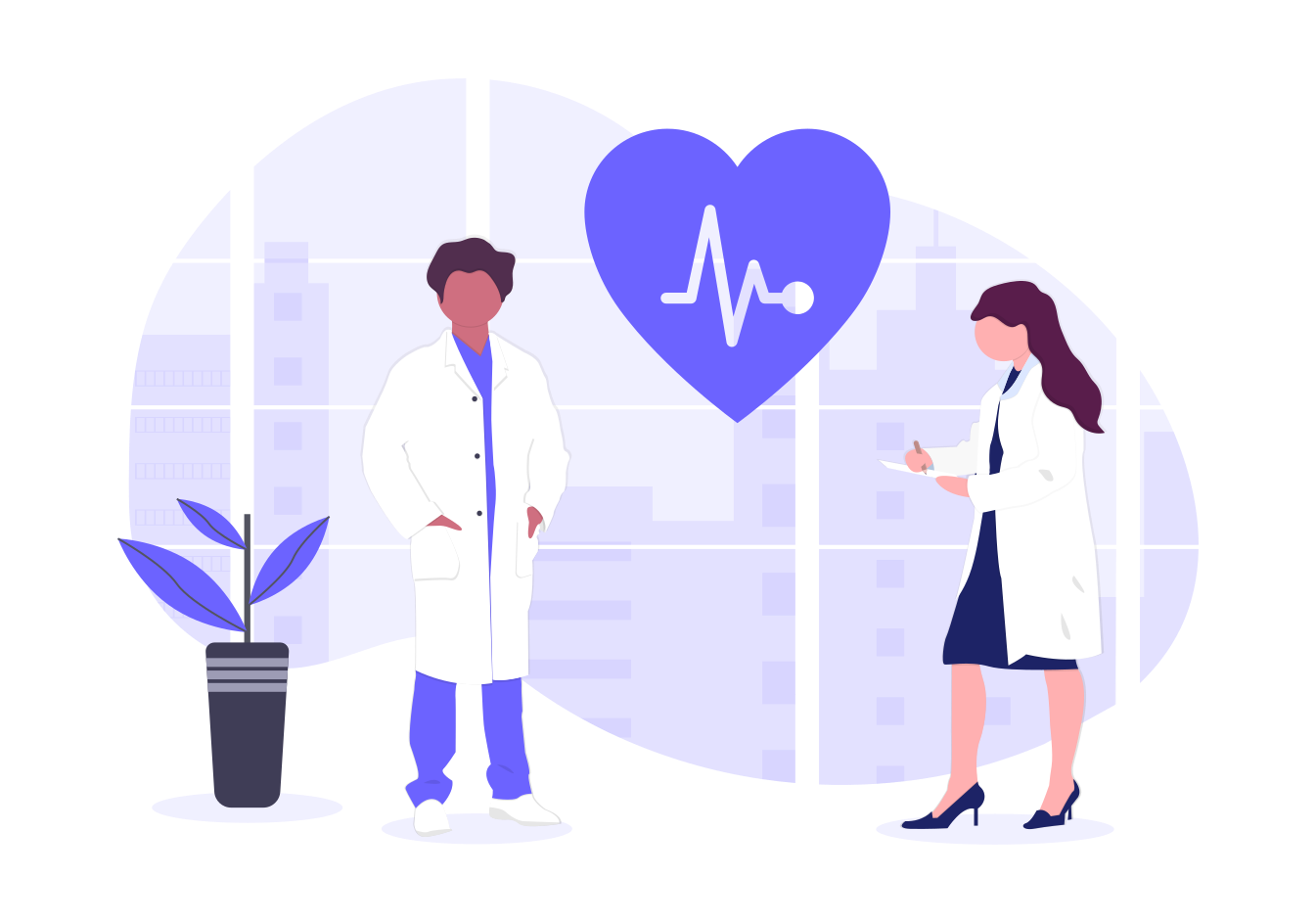In the rapidly evolving landscape of healthcare, personalized marketing is becoming increasingly crucial for fostering patient engagement and improving service delivery. ChatGPT, an advanced language model developed by OpenAI, stands out as a transformative tool in this domain. By leveraging artificial intelligence, ChatGPT can enhance personalized marketing strategies for healthcare services, offering tailored communication, improved patient experiences, and optimized operational efficiency.
Enhancing Patient Communication
Effective communication is the cornerstone of personalized marketing in healthcare. ChatGPT excels in this area by providing intelligent, real-time responses to patient inquiries. This capability is not only limited to answering questions but also extends to offering personalized recommendations and reminders. For instance, a patient managing chronic conditions can receive tailored advice on medication schedules, diet plans, and follow-up appointments through a conversational interface powered by ChatGPT.
Personalized Content Delivery
Delivering personalized content is essential for engaging patients and fostering trust. ChatGPT can analyze patient data to generate customized messages that resonate with individual needs and preferences. Whether it's through email newsletters, SMS reminders, or social media interactions, the AI can craft content that speaks directly to the recipient, ensuring that the information is relevant and timely. This personalized approach can significantly enhance patient engagement and satisfaction.
Streamlining Administrative Tasks
Healthcare providers often face the challenge of managing administrative tasks that consume valuable time and resources. ChatGPT can automate many of these processes, such as appointment scheduling, patient intake forms, and follow-up communications. By handling these tasks efficiently, healthcare staff can focus more on patient care and less on paperwork, leading to improved overall productivity.
Improving Patient Education
Educating patients about their health conditions, treatment options, and preventive measures is a critical component of healthcare. ChatGPT can serve as a virtual assistant, providing accurate and easy-to-understand information to patients. This can be particularly beneficial in helping patients understand complex medical jargon and making informed decisions about their health. By offering personalized educational content, ChatGPT can empower patients to take an active role in their healthcare journey.
Enhancing Telemedicine Services
The rise of telemedicine has revolutionized how healthcare services are delivered. ChatGPT can enhance telemedicine by facilitating seamless communication between patients and healthcare providers. It can assist in triaging patient concerns, providing preliminary advice, and even helping with the documentation of virtual consultations. This integration can improve the efficiency and effectiveness of telemedicine services, ensuring that patients receive the care they need promptly and accurately.
Data-Driven Insights for Marketing Strategies
One of the significant advantages of utilizing ChatGPT in healthcare marketing is its ability to generate data-driven insights. By analyzing patient interactions and feedback, healthcare providers can gain valuable insights into patient preferences, behavior patterns, and areas for improvement. These insights can inform marketing strategies, helping to create more targeted and effective campaigns that address the specific needs and concerns of the patient population.
Building Trust and Engagement
Trust is paramount in healthcare, and personalized marketing efforts can play a crucial role in building and maintaining this trust. ChatGPT can help establish a consistent and reliable communication channel between healthcare providers and patients. By delivering personalized and empathetic messages, the AI can foster a sense of connection and trust, encouraging patients to engage more actively with their healthcare providers.
Ethical Considerations and Privacy
While the benefits of ChatGPT in personalized marketing for healthcare are significant, it is essential to address ethical considerations and privacy concerns. Healthcare providers must ensure that patient data is handled securely and that AI interactions comply with relevant regulations such as HIPAA. Transparency in how patient information is used and a commitment to maintaining confidentiality are critical for building trust and ensuring the ethical use of AI in healthcare marketing.
Future Prospects
The future of personalized marketing in healthcare with ChatGPT looks promising. As AI technology continues to advance, ChatGPT will become even more sophisticated, offering more nuanced and context-aware interactions. Healthcare providers can look forward to a future where personalized marketing is seamlessly integrated into every aspect of patient care, enhancing engagement, satisfaction, and overall health outcomes.


